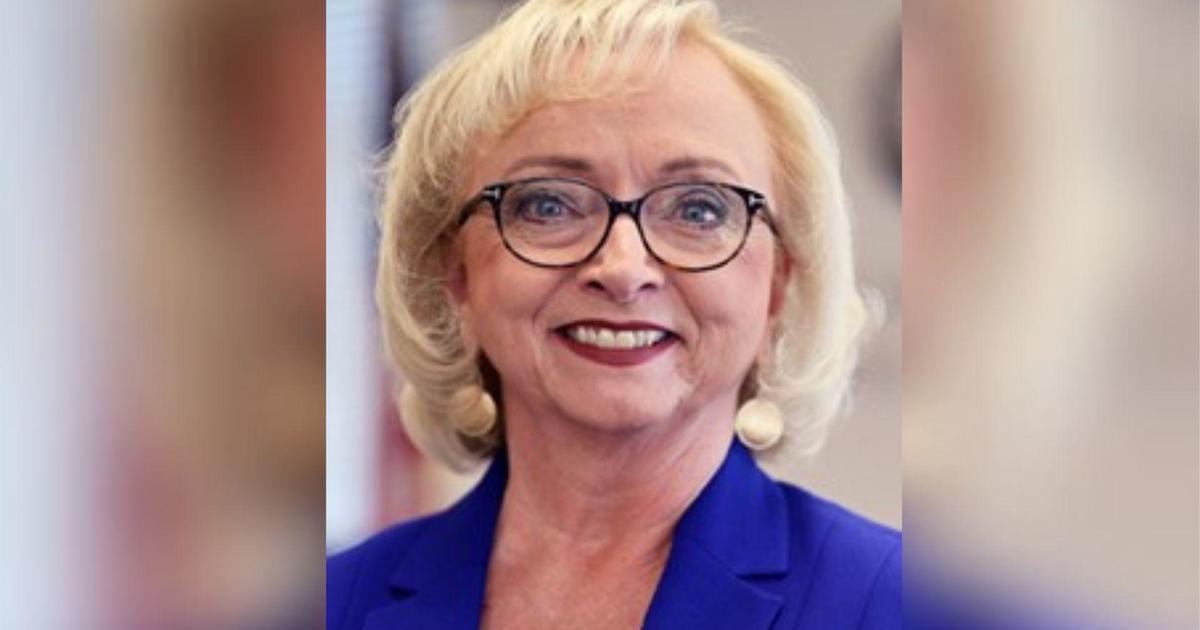University of Maryland Medicine Release Findings On Death Of Pig Heart Transplant Recipient
BALTIMORE (WJZ) -- The University of Maryland Medical Center has shed light on the death of a man who received a modified pig's heart in a breakthrough transplant in Baltimore.
An autopsy report shows that 57-year-old recipient David Bennett died from an array of complications including an IV anti-rejection medication.
"Our findings on autopsy did not show evidence of rejection," said study co-leader Bartley Griffith, MD, Professor of Surgery and The Thomas E. and Alice Marie Hales Distinguished Professor in Transplantation at UMSOM. "Instead, we saw a thickening and later stiffening of the heart muscle leading to diastolic heart failure, which means the heart muscle was not able to relax and fill the heart with blood as it is supposed to."
Bennett received the heart as a last-ditch effort after experiencing end-stage heart failure. He was not eligible for a heart transplant, according to medical staff.
The Maryland native, who was diagnosed with terminal heart disease, had been a patient of the University of Maryland Medical Center since October.
The new procedure was authorized in January. It uses gene-editing to take out certain genes that scientists think lead to organ rejection.
Medical staff put the pig heart in Bennett in January of 2022. There were no signs of organ rejection for several weeks. In fact, Bennett's condition appeared to be improving, according to his son, David Bennett Jr.
Bennett was taken off the ECMO machine, an advanced form of life support that pumps and oxygenates the blood, in mid-January.
"Overall, he's a lot better looking," Bennett Jr. said. "His vitals are a lot better now than they've been in the past."
Bennett died in March.
"We were incredibly encouraged by his progress. His heart was strong, almost too strong for his frail body, but he had a strong will to live. He told me he wanted to go home and see his dog, Lucky," said Griffith, who is also the clinical director of the Cardiac Xenotransplantation Program at UMSOM.
Doctors at the medical center still see the transplant as a success.
"We consider this to be an important learning experience," Muhammad Mohiuddin said. "Knowing what we know now, we will alter some of our practices and techniques in the future."



